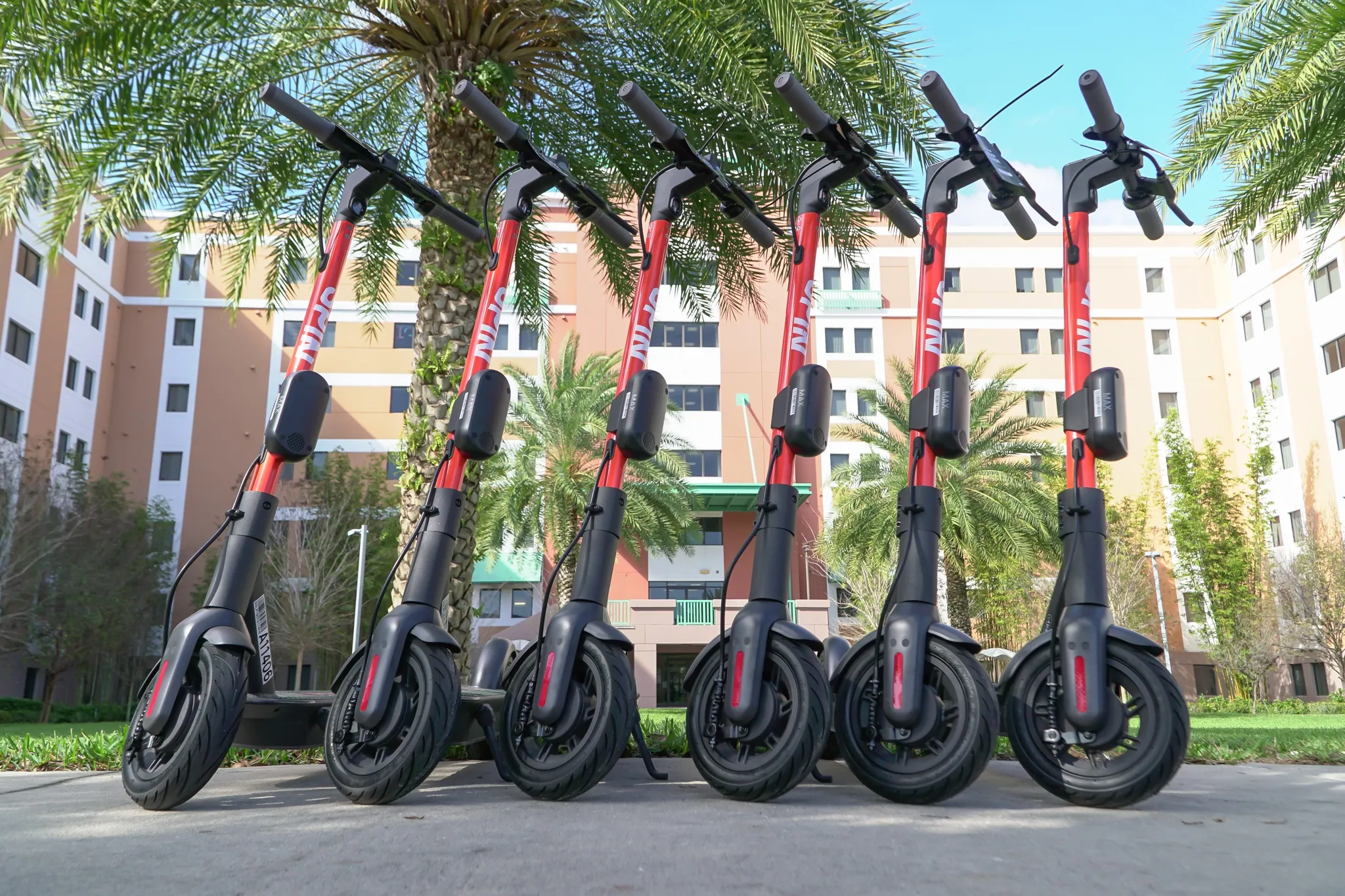A group of leading industry professionals has written to the US National Telecommunications & Information Administration (NTIA) to ask for a rethink, following the announcement by the Federal Communications Commission (FCC) that the 5.9GHz band is to be opened up for spectrum sharing. The group, led by ITS America president and CEO Scott Belcher, includes senior academics, automotive manufacturers, ITS system suppliers and a number of US state departments of transportation such as those of Michigan, Texas
March 1, 2013
Read time: 2 mins
A group of leading industry professionals has written to the US National Telecommunications & Information Administration (NTIA) to ask for a rethink, following the announcement by the 2115 Federal Communications Commission (FCC) that the 5.9GHz band is to be opened up for spectrum sharing.
The group, led by560 ITS America president and CEO Scott Belcher, includes senior academics, automotive manufacturers, ITS system suppliers and a number of US state departments of transportation such as those of Michigan, Texas and California.
The letter warns that although spectrum sharing within the 5.9GHz band – which has long been the backbone for ITS services relying upon Dedicated Short Range Communications (DSRC) – must be explored, the full implications of doing so have not yet been properly analysed.
“We believe that a complete understanding of the feasibility of sharing within the 5.9GHz band based upon a complete record and fair opportunity for all affected parties to participate is essential to this process,” it adds.
Pointing out that the emerging connected vehicle industry has already invested hundreds of millions of dollars and thousands of man-hours to advance projects under the auspices of the US Department of Transportation’s Connected Vehicle Research Program, the letter concludes by asking the NTIA to “involve the intelligent transportation industry in the development of NTIA’s position on these issues of critical interest to our industry and the broader transportation community”.
The letter follows an announcement on 9 January by FCC chairman Julius Genachowski that a government-wide effort to increase speed and reduce congestion in Wi-Fi networks would kick off during February with the unleashing of up to 195MHz of spectrum in the 5GHz band – the largest block of unlicensed spectrum to be made available for expansion of Wi-Fi since 2003.
The group, led by
The letter warns that although spectrum sharing within the 5.9GHz band – which has long been the backbone for ITS services relying upon Dedicated Short Range Communications (DSRC) – must be explored, the full implications of doing so have not yet been properly analysed.
“We believe that a complete understanding of the feasibility of sharing within the 5.9GHz band based upon a complete record and fair opportunity for all affected parties to participate is essential to this process,” it adds.
Pointing out that the emerging connected vehicle industry has already invested hundreds of millions of dollars and thousands of man-hours to advance projects under the auspices of the US Department of Transportation’s Connected Vehicle Research Program, the letter concludes by asking the NTIA to “involve the intelligent transportation industry in the development of NTIA’s position on these issues of critical interest to our industry and the broader transportation community”.
The letter follows an announcement on 9 January by FCC chairman Julius Genachowski that a government-wide effort to increase speed and reduce congestion in Wi-Fi networks would kick off during February with the unleashing of up to 195MHz of spectrum in the 5GHz band – the largest block of unlicensed spectrum to be made available for expansion of Wi-Fi since 2003.







